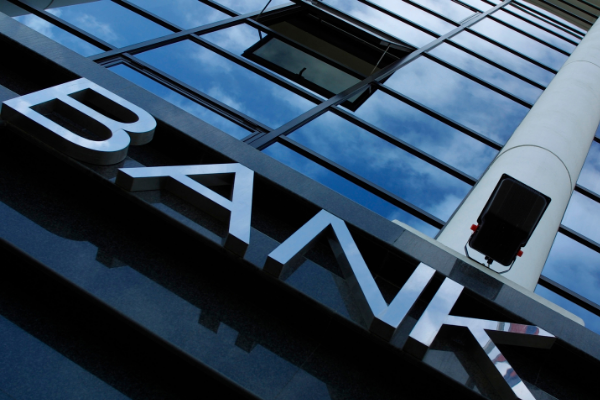The Bank of England’s (BoE) Deputy Governor Jon Cunliffe has demanded tighter regulation of the cryptocurrency space and suggested that FTX’s collapse has been triggered by the FTX token run.
In a speech, Cunliffe said it was too early to know the full scope of what had happened, yet the signs of trouble should have prompted regulators of financial instruments to step in.
Cunliffe said the big flaw of FTX was its structure as a “conglomerate” where multiple products and functions had been bundled within one firm. In traditional financial institutions, these functions and products are managed by different departments.
Also, FTX failed in checking the high volatility of unbacked crypto assets and collapsed.
Instability Visible
Now the crypto sector’s instability is very visible from the unbacked foundation of crypto and the system’s utterly unregulated nature.
The solution, according to Cunliffe, is to stabilize the ecosystem and bring all crypto entities within the ambit of regulation. It is imperative for three reasons.
To strengthen consumer and investor protection ensuring consumers can invest in transparent, fair, and robust marketplaces.
Creating a stable financial environment is also essential as the community cannot wait and suffer. Proactive action is required to prevent such disasters before they occur.
Regulation is also important to foster innovation even if piecemeal innovation might be there in unregulated areas it can be perfected only within a regulated framework.
Meanwhile, some good news is coming for the bankrupt crypto mining company Compute North.
Reports said its assets will be bought by cryptocurrency mining firm Foundry Digital. Compute North filed for Chapter 11 bankruptcy protection in September 2022.
According to reports, Compute North’s two turnkey cryptocurrency mining facilities will be acquired by Foundry Digital and will also buy another mining facility under development at Minden, Nevada.



